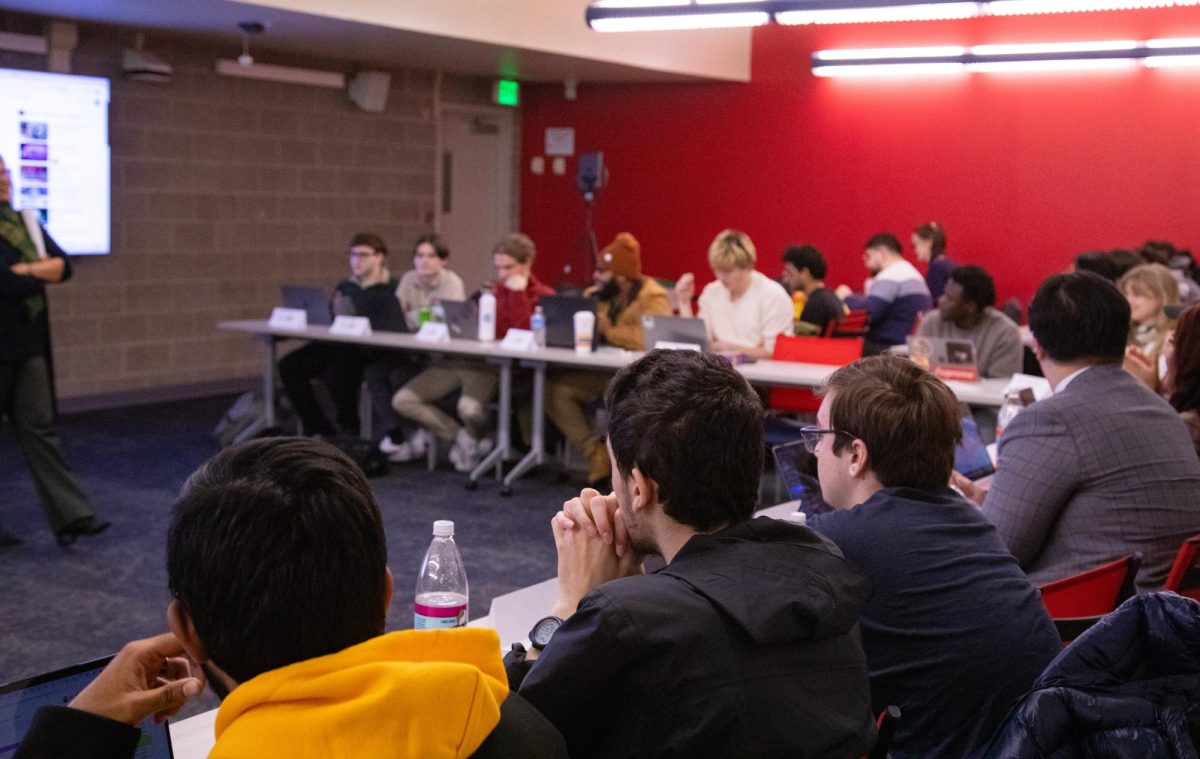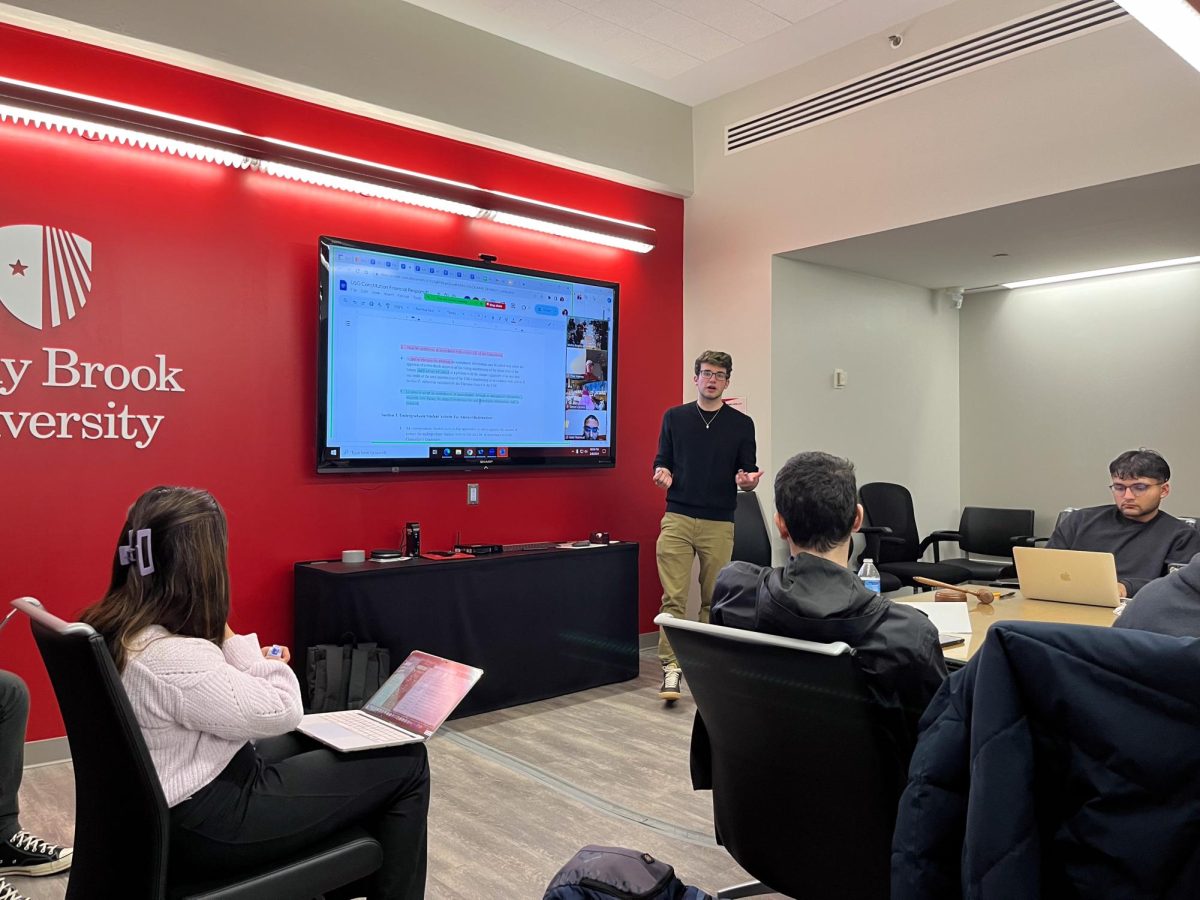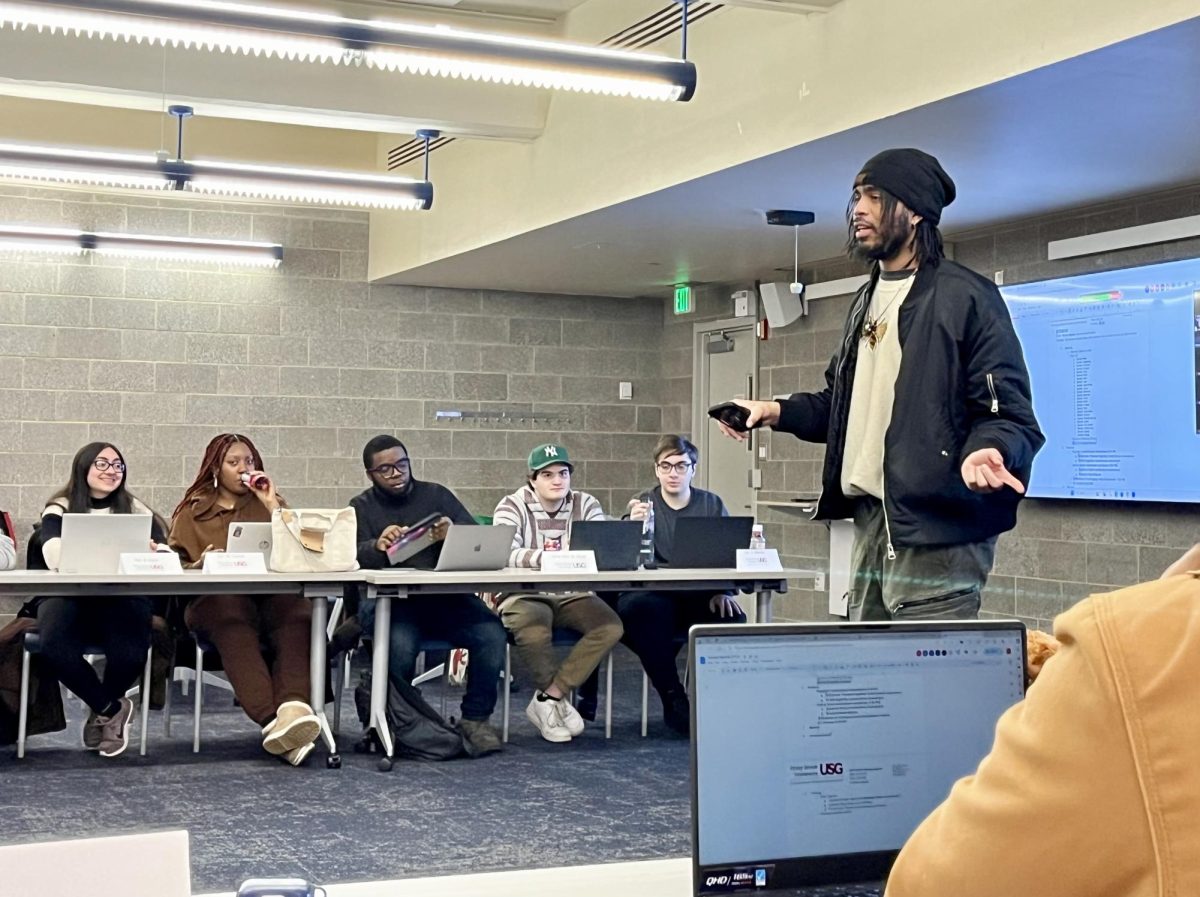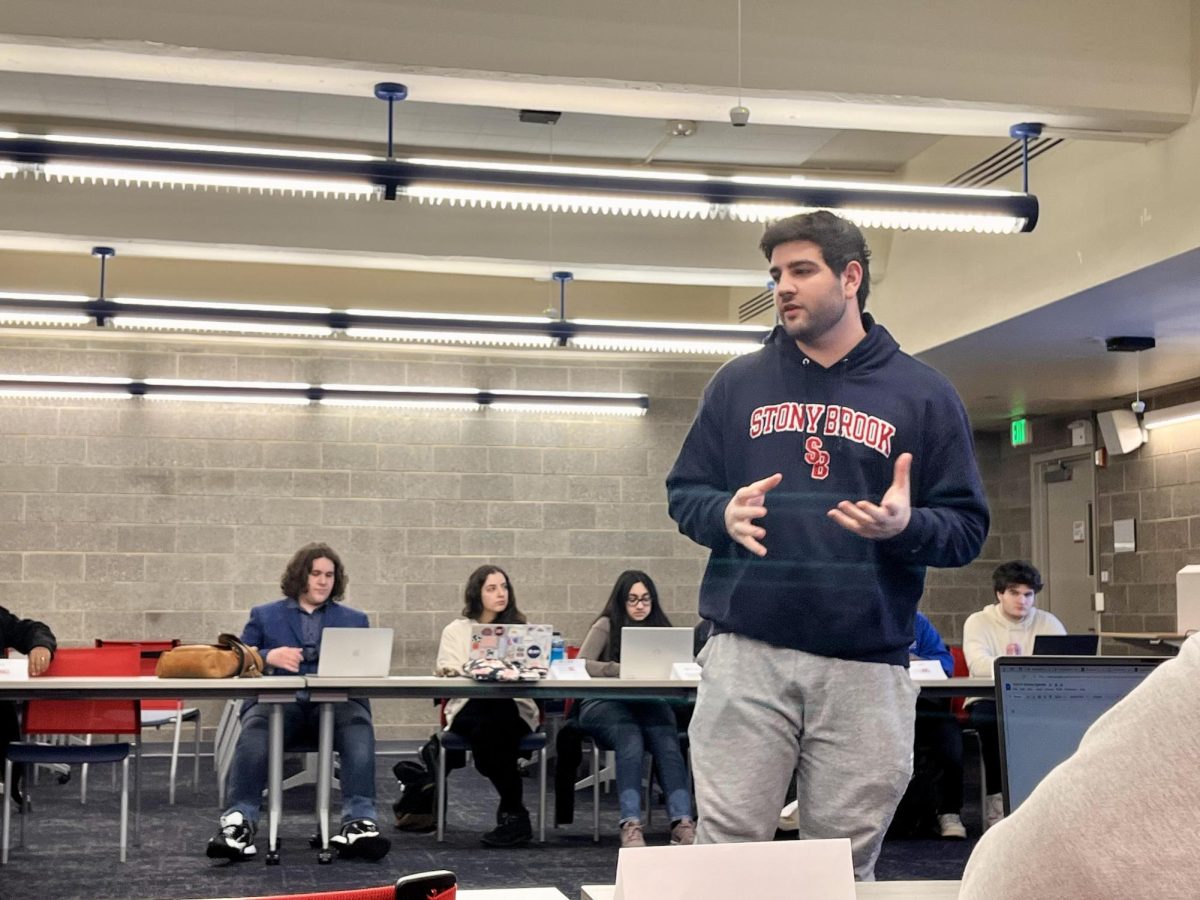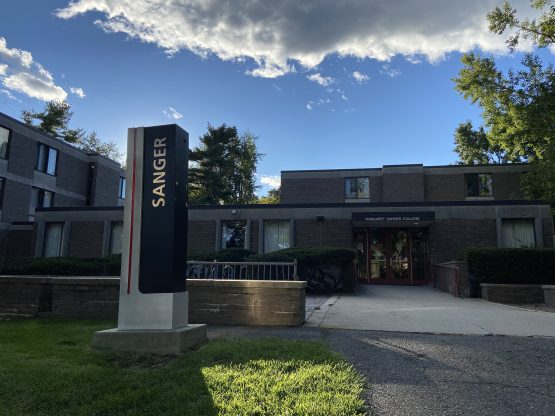
Sanger Hall, a residential hall in Tabler Community, will receive a new name after nearly two years of public pressure.
Sanger Hall is named after Planned Parenthood founder Margaret Sanger, an activist for women’s rights and birth control. Sanger held beliefs in eugenics, which advocated for selective breeding and sterilization for the mentally ill. In the United States, eugenics historically contributed to anti-miscegenation laws and played into segregationist and anti-Black policies. Sanger claimed eugenics would “assist the race toward the elimination of the unfit.”
Students initially began calling for Sanger to be renamed in September 2020, after Planned Parenthood of Greater New York removed Margaret Sanger’s name from its Manhattan Health Center.
In September 2021, the University’s Renaming Buildings, Structures, and Spaces Ad Hoc Committee — founded for the purpose of renaming Sanger — collaborated with the Undergraduate Student Government (USG) to discuss the issue. In March, the committee submitted a recommendation to rename Sanger Hall.
In a campus-wide email sent out in May, President Maurie McInnis announced that Stony Brook will rename Sanger Hall. She will collaborate with SUNY to rename Sanger, polling Stony Brook University students, employees and alumni for a new name.
“The renaming of Planned Parenthood already had a lot of media attention,” Judith B. Clarke, Stony Brook’s Vice President of Equity and Inclusion, said. “So our decision wasn’t out of context.”
Black student activists have highlighted the racism of eugenics and called for more proactive actions from administration. Only four of Stony Brook’s 64 named buildings and spaces memorialize Black historical figures. According to Clarke, Sanger’s new name will not necessarily change that. “It’s not about race, it’s not about gender,” she said. “It’s about who exemplifies our core values.”
In a Statesman survey from April, 68% of Black students said they feel the need to assimilate at universities. Black student organizations have questioned the effort’s effectiveness, calling for more comprehensive actions on race by the university.
Sanger’s support of eugenics, which included delivering a lecture at a Ku Klux Klan gathering, means she is one of many historical figures whose legacy is being reevaluated for racist associations.
The USG senators who originally proposed the name change say the decision is a victory for the University.
“When we made our proposition to the committee, we covered Sanger’s history of eugenics and her lack of connection to Stony Brook,” USG Senator Benjamin Joffe, a senior, said. “I think this was a long time coming and I’m glad the administration has heard student voices.” Joffe co-led the Rename Sanger Initiative.
“I’m very proud of all these people coming together and making this happen,” Malhar Virda, a senior USG senator said. “Dr. Clarke came here during the process. Her office’s support shows that she is and will continue to champion diversity on campus.” Virda initiated the Sanger renaming process with Stony Brook alumni Caitlyn Miller two years ago.
According to Virda, having disabled family members motivated him to petition renaming Sanger Hall. “Having close friends and family members be victims of differential treatment due to their mental illnesses, I think that’s unfair,” he said. “It’s time for us to actively work for the needs of disabled students.”
Virda didn’t discuss whether USG was pursuing specific disability policies. “We as students need to come together and accept members of our student body members,” he said.
Disabled students don’t necessarily agree. Charles Hsueh, a senior music major and advocate for disability awareness, says Stony Brook has a long way to go in representing its disabled students.
“I applaud USG’s efforts to rename Sanger,” Hsueh said. “I’m sure many other people on campus are hopeful that the Rename Sanger Initiative will go beyond just renaming Sanger.”
Hseuh also says that the renaming should raise questions about disability accommodations on campus. “From what I understand, Tabler [Sanger’s location] is a relatively accessible part of campus,” he said. “It’s more up to code than Schomburg Apartments.”
The majority of on-campus apartments do not have elevators, making them inaccessible to many disabled students.
USG Senator Trevor Kapuvari, who worked on the Rename Sanger Initiative, is hopeful that student input will kickstart university initiatives. “I am confident that residents in Tabler Community and the general campus will feel more welcomed and united,” Kapuvari said.

















